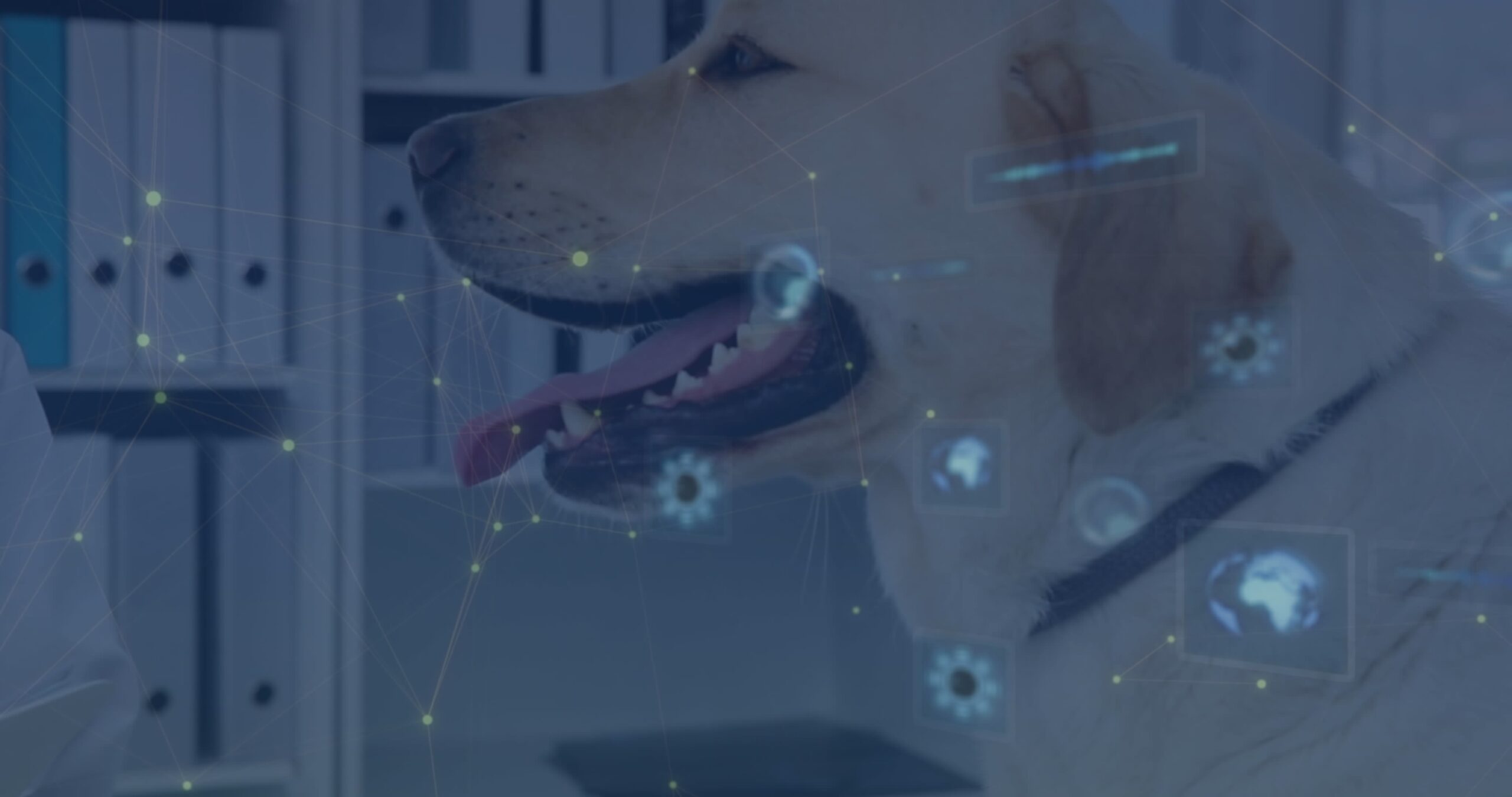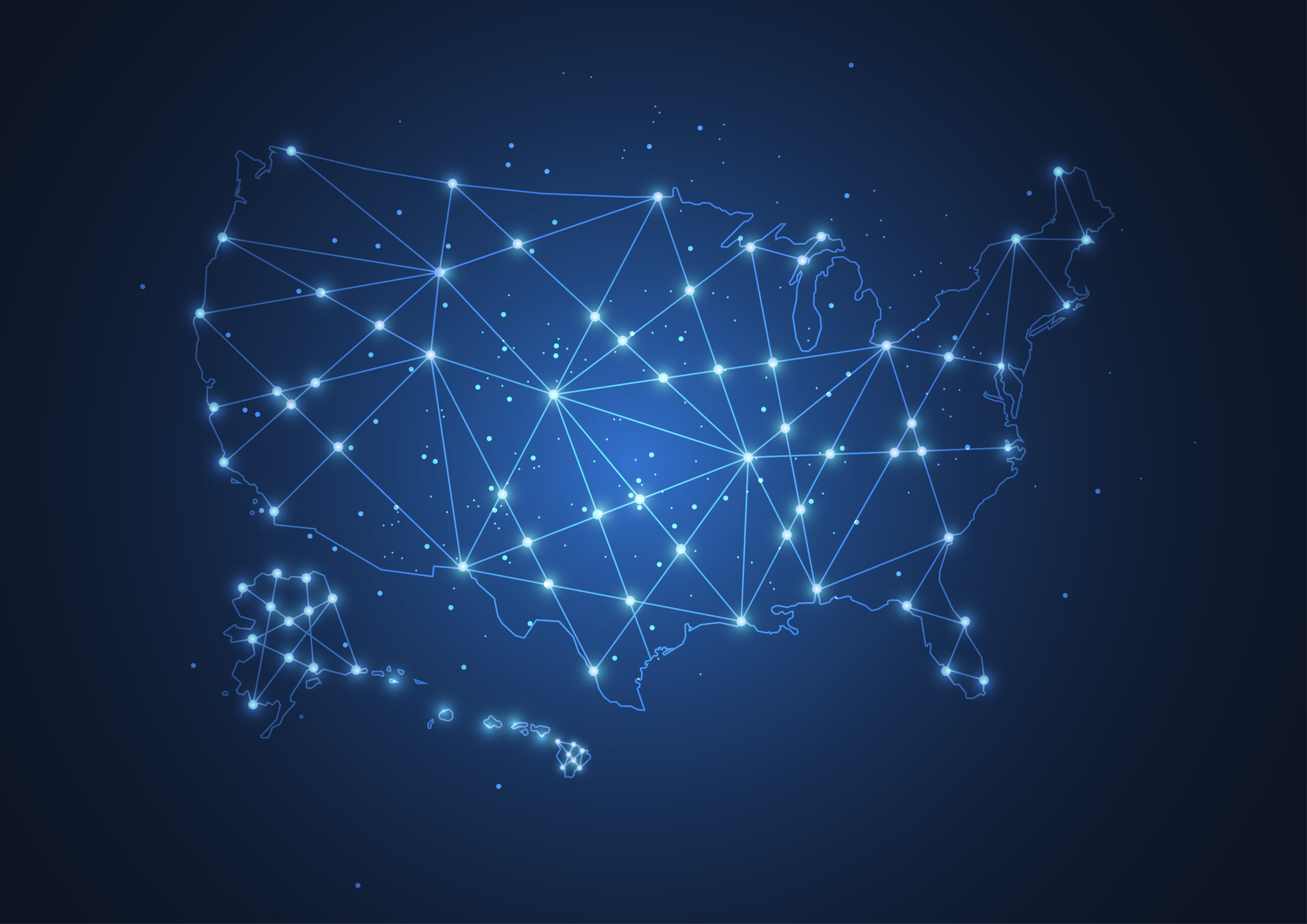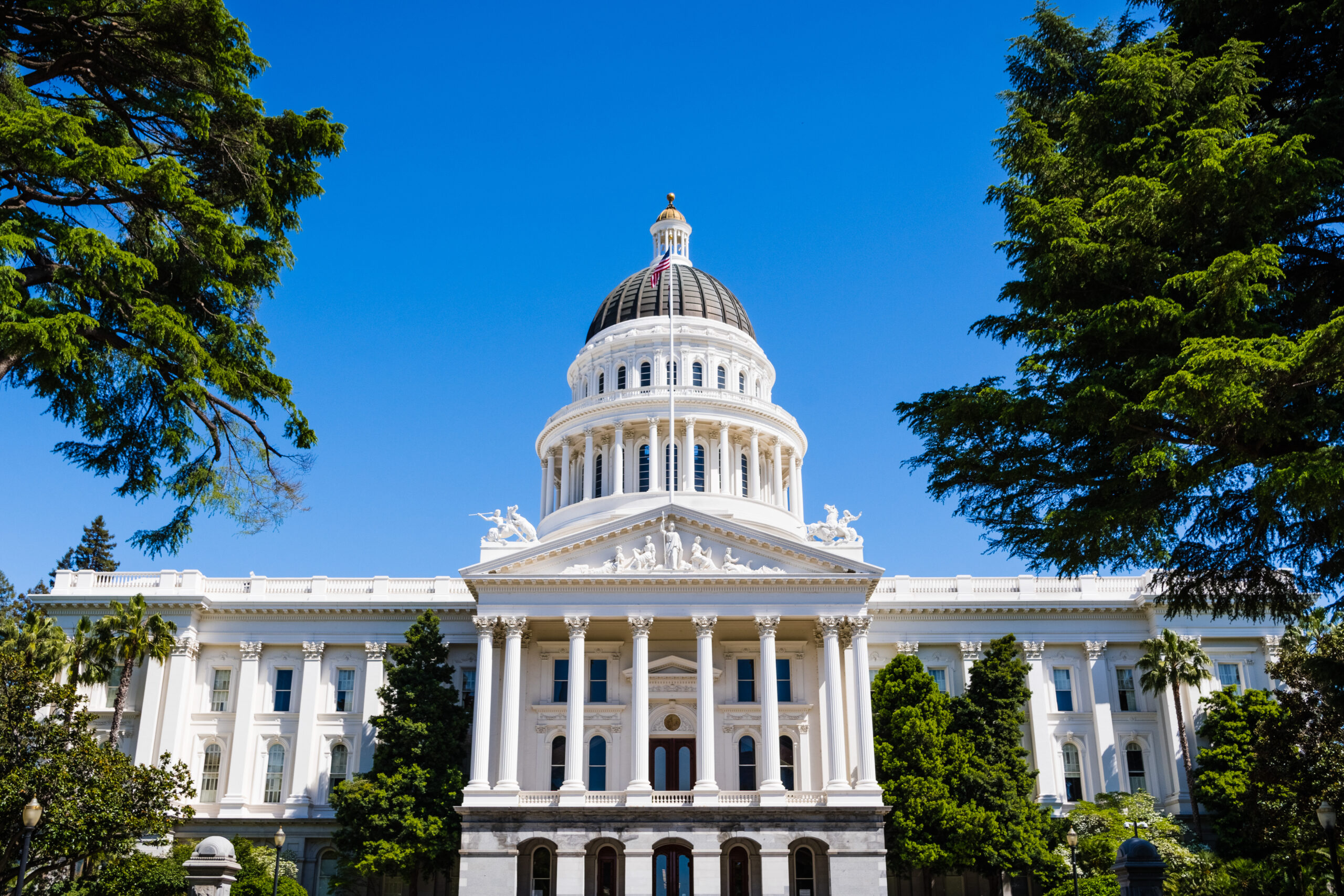
FPF Releases Infographic Highlighting the Spectrum of AI in Education
To highlight the wide range of current use cases for Artificial Intelligence (AI) in education and future possibilities and constraints, the Future of Privacy Forum (FPF) today released a new infographic, Artificial Intelligence in Education: Key Concepts and Uses. While generative AI tools that can write essays, generate and alter images, and engage with students […]

FPF Celebrates Safer Internet Day with Newly Released Encryption Infographic
Future of Privacy Forum (FPF) is thrilled to celebrate Safer Internet Day 2025 with the release of a new infographic, “Encryption Keeps Young People Safe.” Safer Internet Day is an annual event and part of a larger global mission to create a safer online environment, especially for young people. FPF’s new infographic explains how encryption […]

Minding Mindful Machines: AI Agents and Data Protection Considerations
Thank you for the contributions of Rob van Eijk, Marlene Smith, and Katy Wills We are now in 2025, the year of AI agents. In the last few weeks, leading large language model (LLM) developers (including OpenAI, Google, Anthropic) have released early versions of technologies described as “AI agents.” Unlike earlier automated systems and even […]

5 Ways to Be a Top Dog in Data Privacy
Data Privacy Day, or Data Protection Day in Europe, is recognized annually on January 28 to mark the anniversary of Convention 108, the first binding international treaty to protect personal data. To raise awareness for the day and promote best practices for data privacy, we’ve partnered with Snap to create a Data Privacy Day Snapchat […]

Twelve Privacy Investments for Your Company for a Stronger 2025
FPF has put together a list of Twelve Privacy Investments for Your Company for a Stronger 2025 that reflects on new perspectives on the work that privacy teams do at their organizations. We hope there is something here that’s useful where you work, and we’d love to hear other ideas and feedback. Privacy Investments for Your […]

FPF’s Year in Review 2024
With contributions from Judy Wang, Communications Intern 2024 was a landmark year for the Future of Privacy Forum, as we continued to grow our privacy leadership through research and analysis, domestic and global meetings, expert testimony, and more – all while commemorating our 15th anniversary. Expanding our AI Footprint While 2023 was the year of […]

Five Big Questions (and Zero Predictions) for the U.S. State Privacy Landscape in 2025
In the enduring absence of a comprehensive national framework governing the collection, use, and transfer of personal data, state-level activity on privacy legislation has been on a consistent upward trend since the enactment of the California Consumer Privacy Act in 2018. With all 50 U.S. states scheduled to be in session in 2025, stakeholders are […]

FPF Analysis of New Requirements for Generative AI Use by Healthcare Entities in Patient Communications
Co-Authored by Judy Wang, FPF Communications Intern On September 28, Governor Gavin Newsom signed California AB 3030, among a host of AI bills. CA AB 3030 amended the California Health & Safety Code and requires specified healthcare entities to disclose the use of generative artificial intelligence (AI) in provider-patient communications through visual or verbal disclaimers […]

Does the GDPR Need Fixing? The European Commission Weighs In
The European Commission published its second Report on the General Data Protection Regulation (GDPR) on July 25, 2024, assessing the progress of its impact and effectiveness of application since the Commission’s first Report published in June 2020. The second Report acknowledges relative success of the GDPR in protecting individuals and supporting businesses, while also highlighting […]

FPF Highlights Intersection of AI, Privacy, and Civil Rights in Response to California’s Proposed Employment Regulations
On July 18, the Future of Privacy Forum submitted comments to the California Civil Rights Council (Council) in response to their proposed modifications to the state Fair Employment and Housing Act (FEHA) regarding automated-decision systems (ADS). As one of the first state agencies in the U.S. to advance modernized employment regulations to account for automated-decision […]
